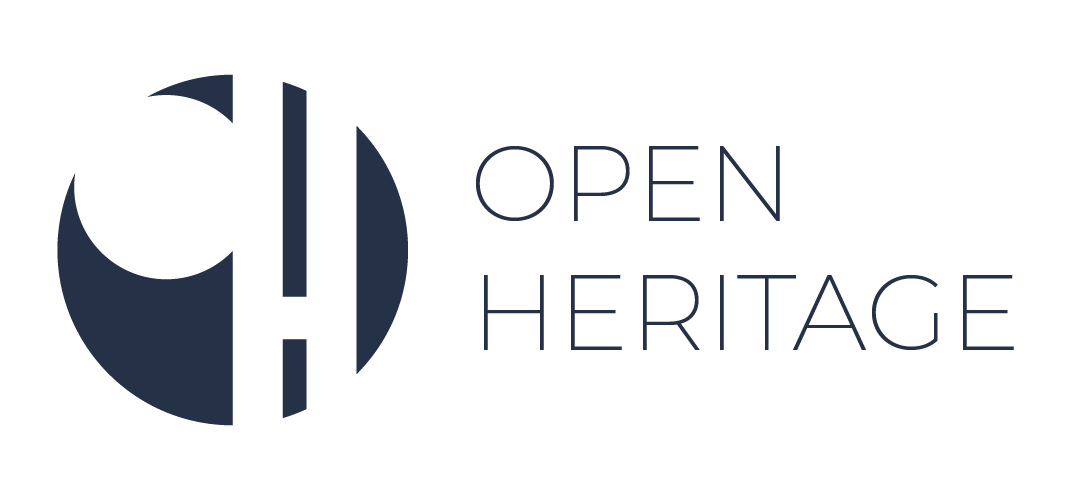Project facts
Presentation
OpenHeritage aims at creating sustainable models of heritage asset management. The project puts the idea of inclusive governance of cultural heritage sites together with development of heritage communities at its center. This means empowering the community in the processes of adaptive reuse.
OpenHeritage works with an open definition of heritage, not limited to listed assets but also involving those buildings, complexes, and spaces that have a symbolic or practical significance for local or trans-local heritage communities. It starts from the assumption that abandoned or underused official and potential cultural heritage sites not only pose a significant challenges for the public and private sectors, but also represent major opportunities.
The inclusive governance model calls for the incorporation of stakeholder coalitions (e.g. community groups, NGOs, local government representatives, small businesses and universities) into such processes, the integration of resources and the exploration of innovative financial models. In doing so, the transformation of abandoned cultural heritage sites becomes an opportunity for increased community cohesion and social integration, the appearance of innovative bottom-up economic activities and the creation of employment possibilities.
Impacts & Results
The approach of OpenHeritage is built on the notion of openness, which is one of the key project attributes and reflected in the project title. This approach has a two-fold focus:
• Open knowledge: ensuring easy access to the knowledge generated by the project, both to the end products and to the process of their development;
• Open space: creating platforms where different stakeholders (e.g.lopcal actors, local administration officials, financial partners, researchers, policy makers) can meet on an equal footing, learn from each other and establish networks.
To reach its goal OpenHeritage produces a detailed overview and evaluation of current adaptive reuse policies in Europe, focuses on understanding good practices in 16 different sites (Observatory Cases), and tests novel approaches/practices in six Cooperative Heritage Labs dispersed over Europe. At the end of the project it delivers a supporting toolbox promoting the uptake of the inclusive models.
• Local administration officials
• Potential financial partners
• Professionals and researchers
• Policymakers on all levels.
You can access the project’s database here: https://db.openheritage.eu/#~
Consult the Policy briefs: https://openheritage.eu/policy-briefs/
Check the OpenHeritage YouTube channel: https://www.youtube.com/playlist?list=PLv-mhCFisOsVT7z2wFvgZQ81BziNCKCCt

